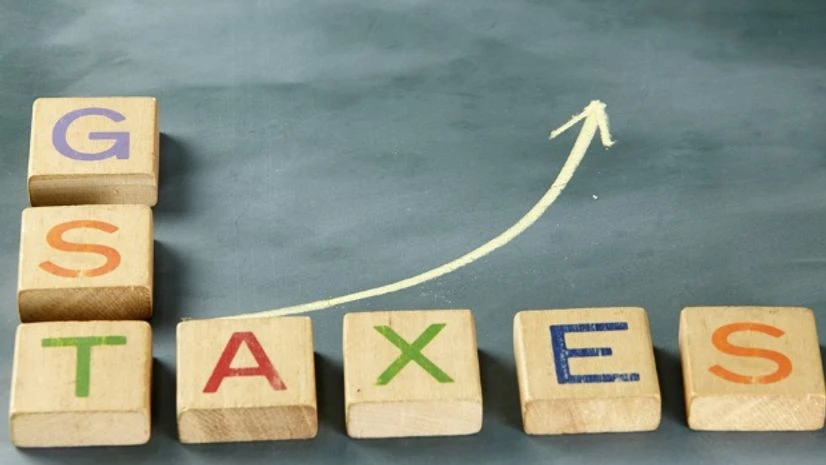The contentious anti-profiteering measure in the goods and services tax (GST) law will be triggered only if there is a credible complaint, Revenue Secretary Hasmukh Adhia said.
He said the anti-profiteering clause in the law is meant to be a deterrent and is an enabling clause so that reduction in tax incidence due to the GST is passed on to consumers.
Adhia told PTI that the Centre and states will in due course prescribe the procedure for filing a complaint where the complainant feels that the benefit of the tax cut has not been passed on to him as well as the quantum of penalty to be imposed.
Asked who will decide if the benefits have been passed on or not, he said: "It would be based on complaints... Anti- profiteering provision may not be required in the majority of items because wherever there is perfect competition, there is nothing to worry. The competition will take care."
Adhia, however, said it was not yet decided which agency will look into the anti-profiteering complaints. The government may decide on an agency if there are a plethora of complaints.
The agencies at the government's disposal include the Competition Commission of India (CCI).
More From This Section
Adhia also said that although the anti-profiteering clause could be a transitory provision, it can be retained as the provisions can come into play in future when the tax rates are changed.
Asked if the anti-profiteering clause could cease to exist after some time, Adhia said: "It may. But somebody may also argue that there may be future changes in the tax rate also and at that time, this (anti-profiteering) provision may have to be applied."
The GST Council has decided on a four-tier rate structure of 5, 12, 18 and 28 per cent. It has, however, pegged the peak rate at 40 per cent in the law to obviate the need to approach Parliament in future for any change in rate.
On top of the 28 per cent rate slab, there is a provision for imposition of cess on demerit and luxury goods.
Adhia said that if tax revenues go up in future because of the widening of the tax net, GST rates can be reduced.
"The purpose is over a period the high taxation rate should come down... The moment we are able to widen the tax net and bring the parallel economy into the mainstream, then the tax net will go up and if more people start paying taxes, we will be able to reduce the tax rate," he said.
The Central GST (CGST) law, as approved by the Lok Sabha last week, provides an 'anti-profiteering' clause to ensure business passes on the benefit of reduced tax incidence on goods or services or both to consumers.
It also provided for the establishment of an authority for ensuring the benefits are passed on to consumers.
Touted as the biggest taxation reform since Independence, GST will subsume central excise, service tax, VAT and other local levies and make India one market for a seamless flow of goods and services.

)
